Discover
Decide
Deliver
Foundation
Foundational practices focus on creating a team culture, collaborative environments, and technical practices.
These support fast and iterative journeys through the other parts of the loop.
Without the foundation, teams cannot reach sustainable, continuous delivery.
“Mobius Loop” is licensed under CC BY-SA 4.0.
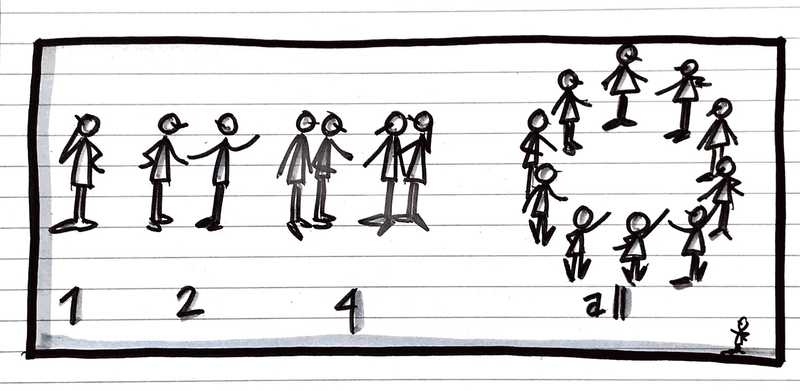
1-2-4-All
Tap into the wisdom of crowds

15/5 Reports
Reporting for people who don't have time for reports
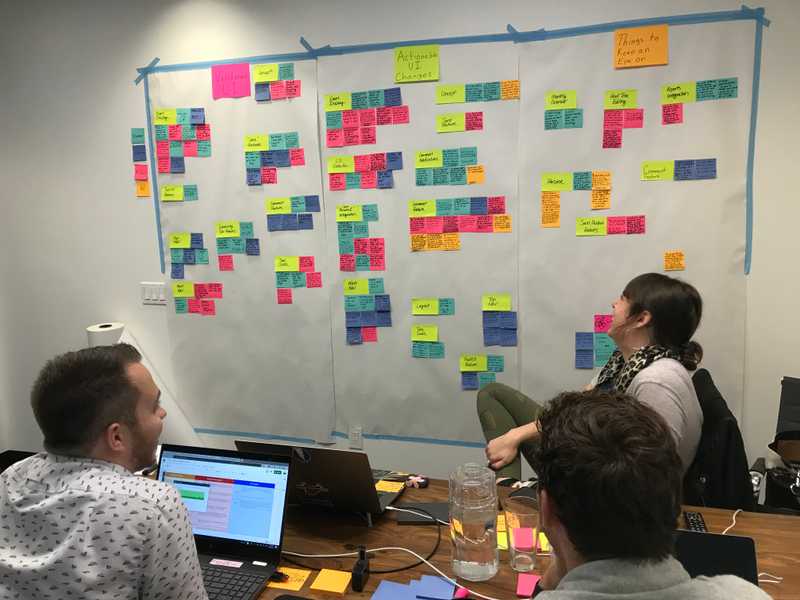
Affinity Mapping
Identify insights, patterns and trends in research and ideas

Architectural Decision Records (ADR)
Open & Transparent Decision History
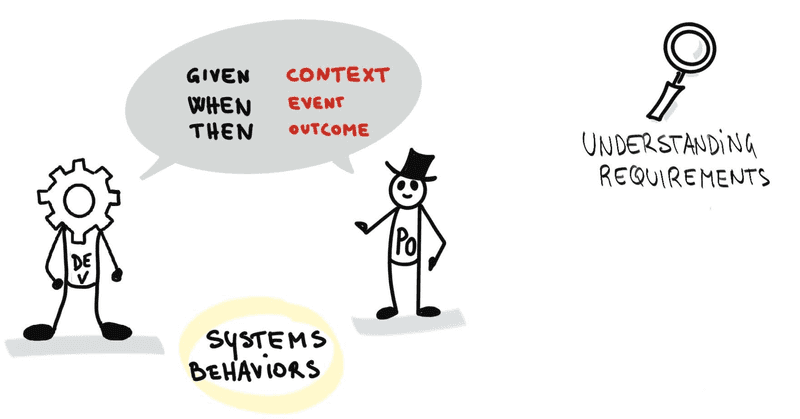
Behavior-Driven Development
Creating a shared understanding of requirements in product teams
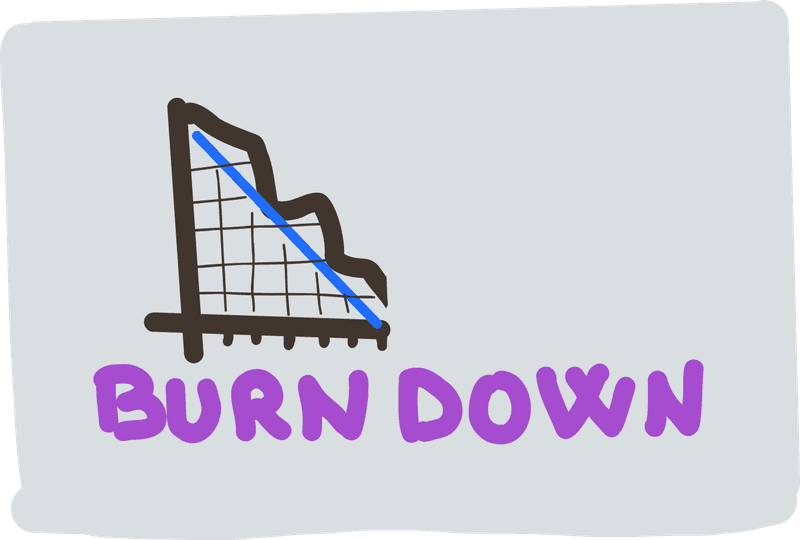
Burndown
Visualisation of work left to do within a specified time period
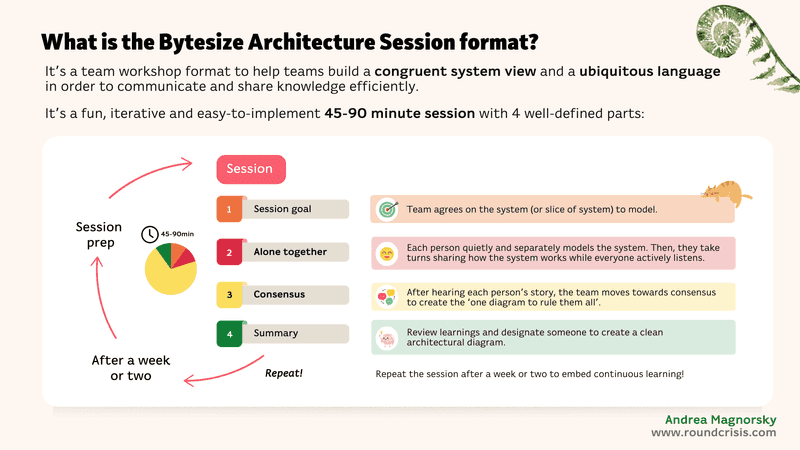
Bytesize Architecture Sessions
Iteratively collaborate to learn about your systems
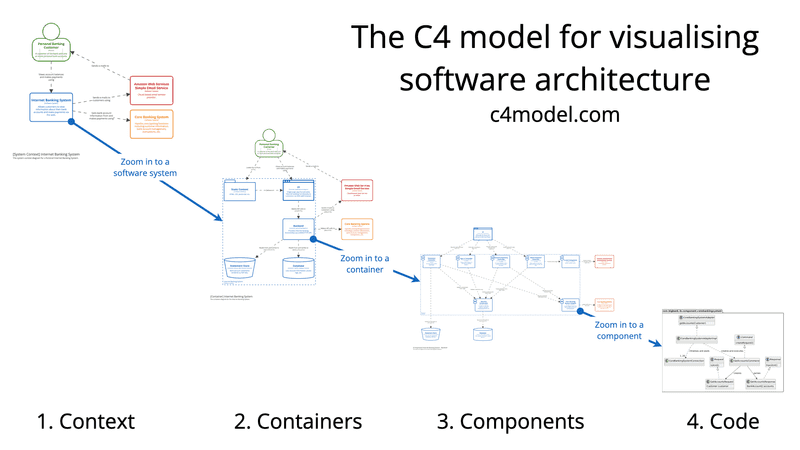
C4 Architecture
Allows for simple layers of abstraction (Context, Containers, Components, Code) for different components of an architecture design

Candy or Swag
Demonstrate the value of open organization principles like collaboration and transparency
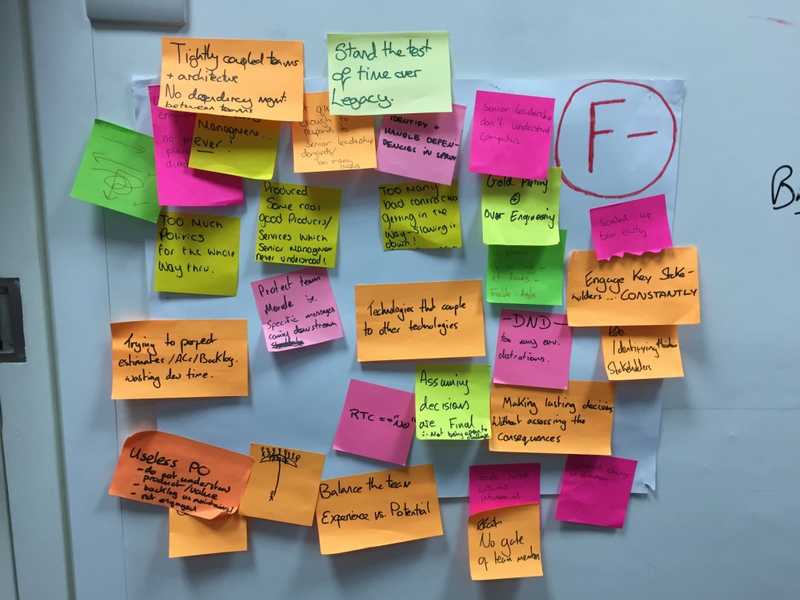
Celebrating Failure
Raise the team's collective awareness of product failure root causes
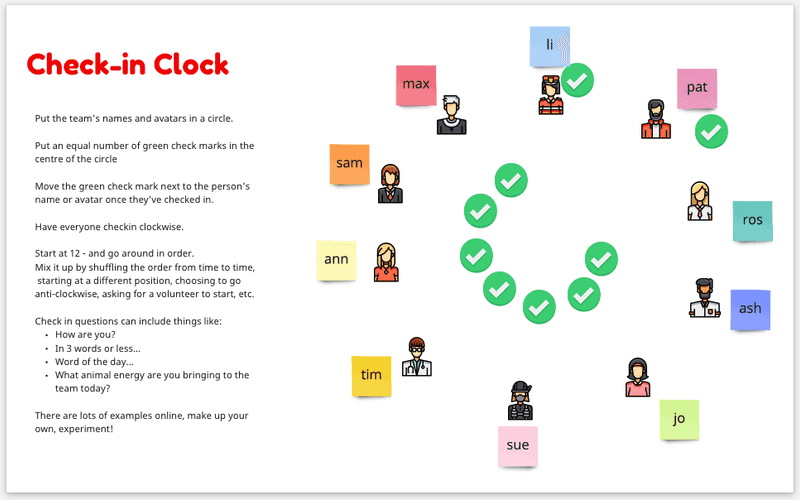
Check-ins
Foster deeper connections and belonging with simple questions

Collaborative Pathways
Turning shared purpose into shared results
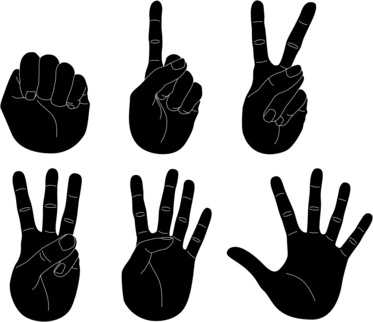
Confidence Voting
Gains consensus around a team's agreement or disagreement on the current activity, event or questions

Container
A software package that contains everything the software needs to run.
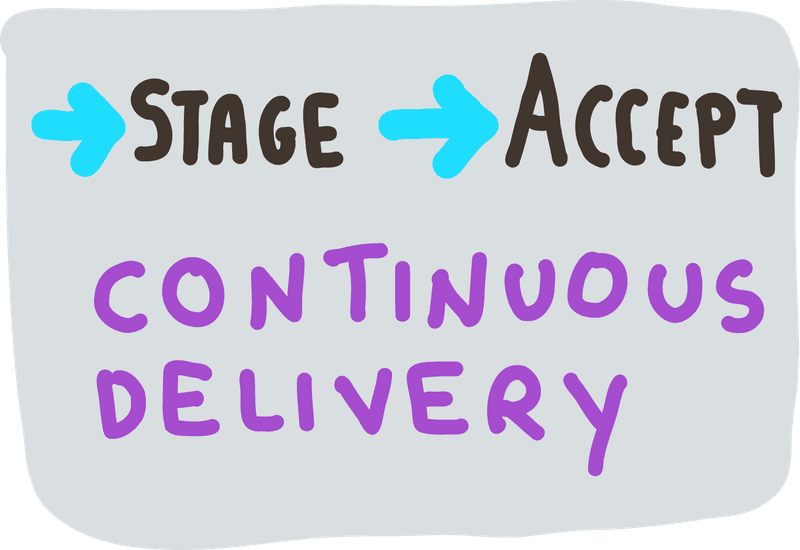
Continuous Delivery
Automated testing and releasing of software.
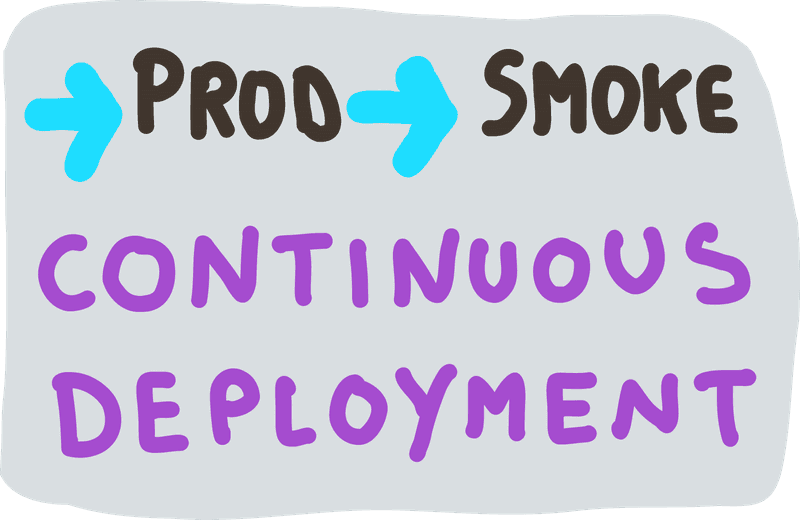
Continuous Deployment
Deploying changes more frequently to get faster end-user feedback.
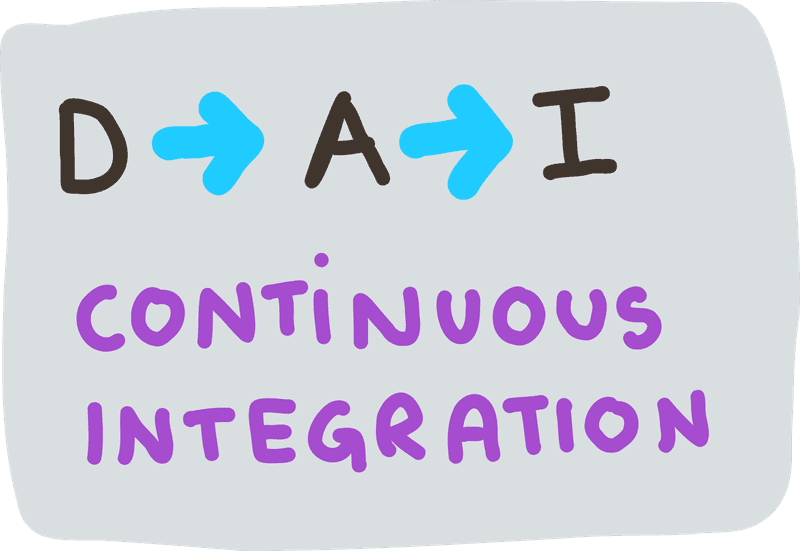
Continuous Integration
Submit small, frequent changes instead of large, infrequent changes

Defence in Depth
Layering security controls through your application
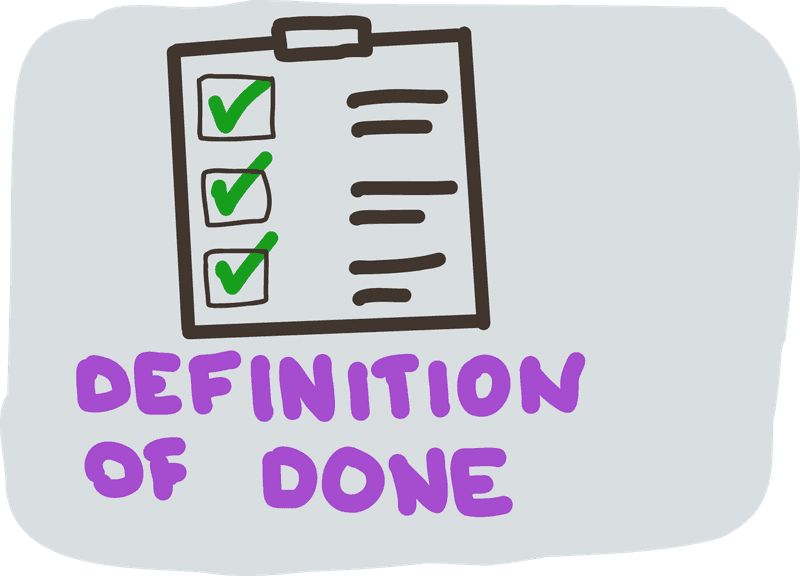
Definition of Done
Shared knowledge and understanding of what it means for a work item to be done by a team
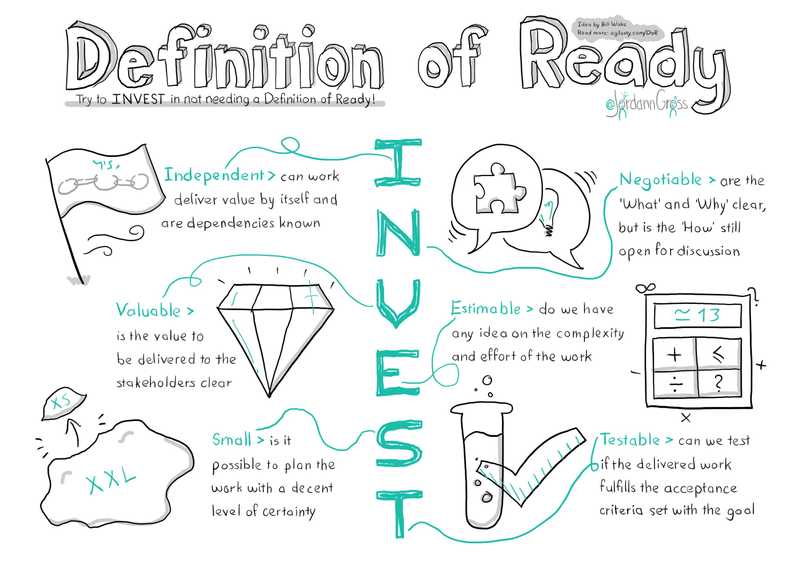
Definition of Ready
Shared knowledge regarding what it means for a work item to be ready to be worked on

Double Diamond
A structured approach to tackle challenges in four phases, from exploring to taking focused actions.
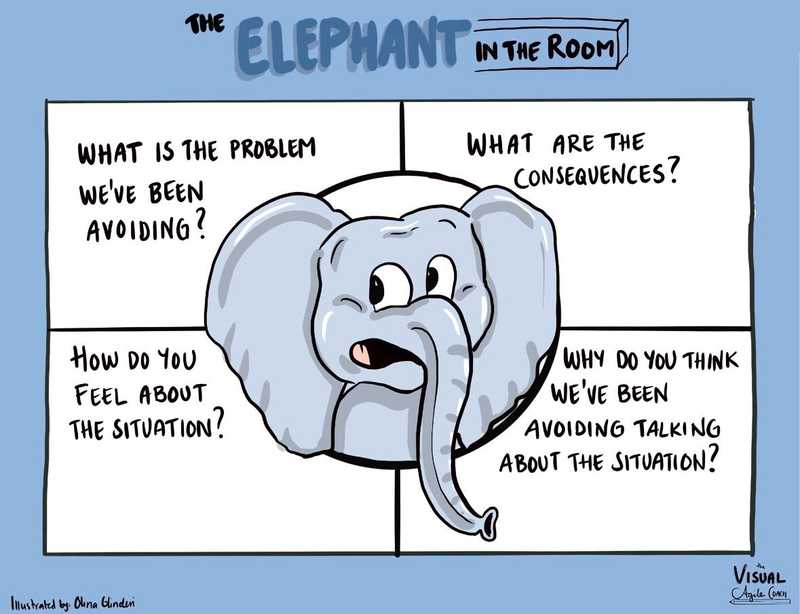
An Elephant in the Room
To surface and address unspoken issues for improved team dynamics and progress.
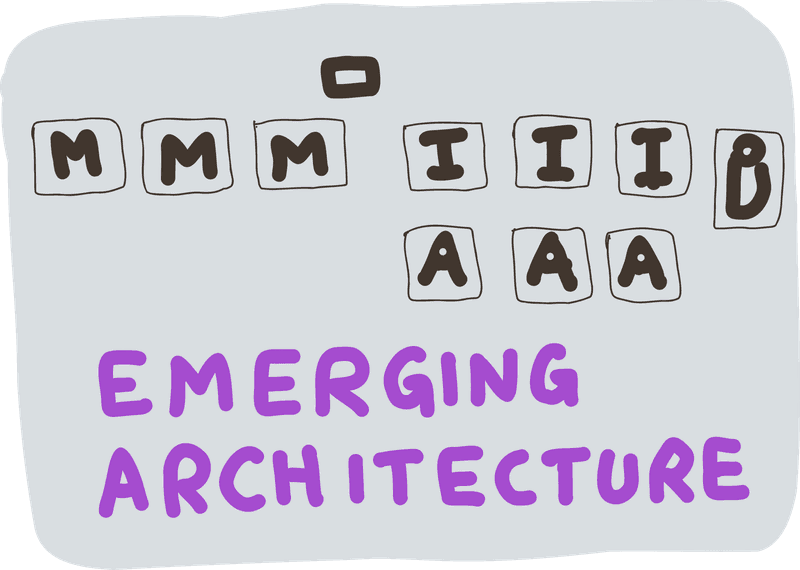
Emerging Architecture
Capture enough information to get started, build something, learn and iterate.
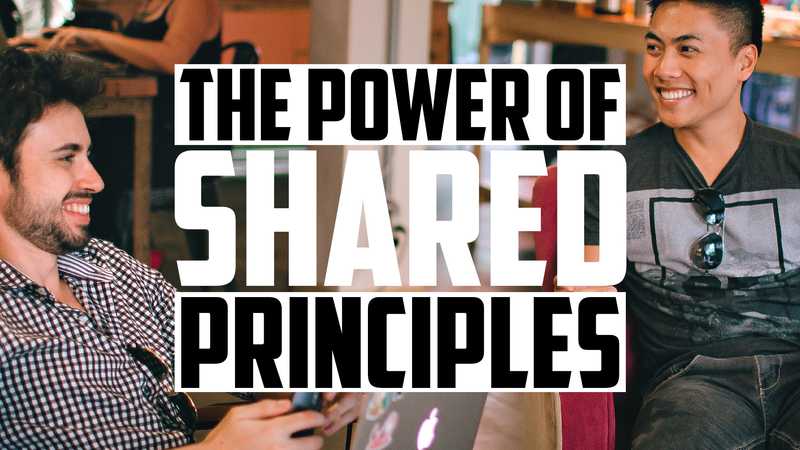
Establish Shared Principles
Principles Over Practices
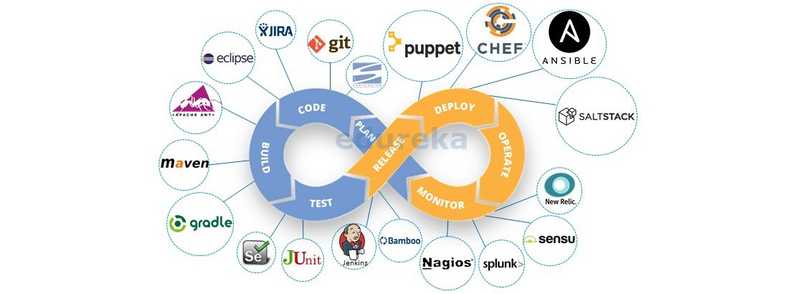
Everything-as-Code
Save everything as code - configuration, infrastructure and pipelines
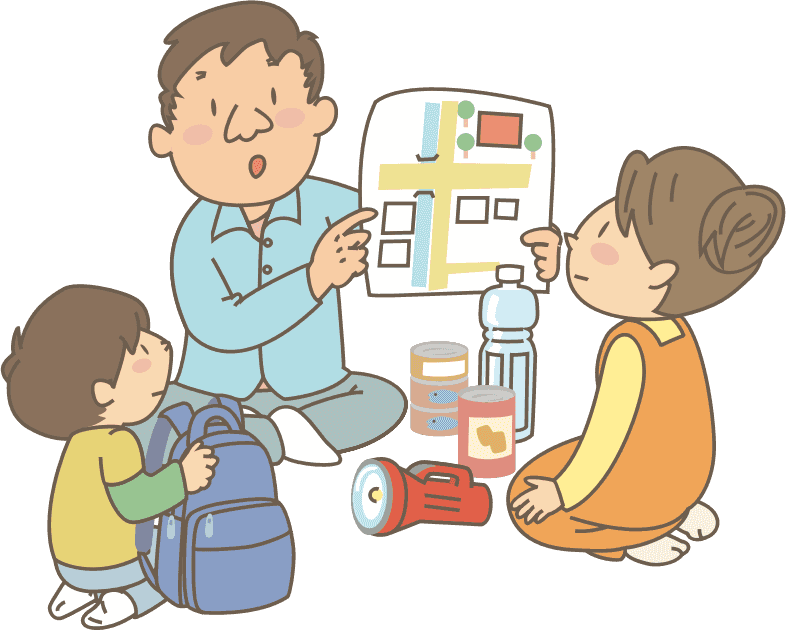
Fire Drills
Increase the confidence of your Team by gamifying Incident Management.
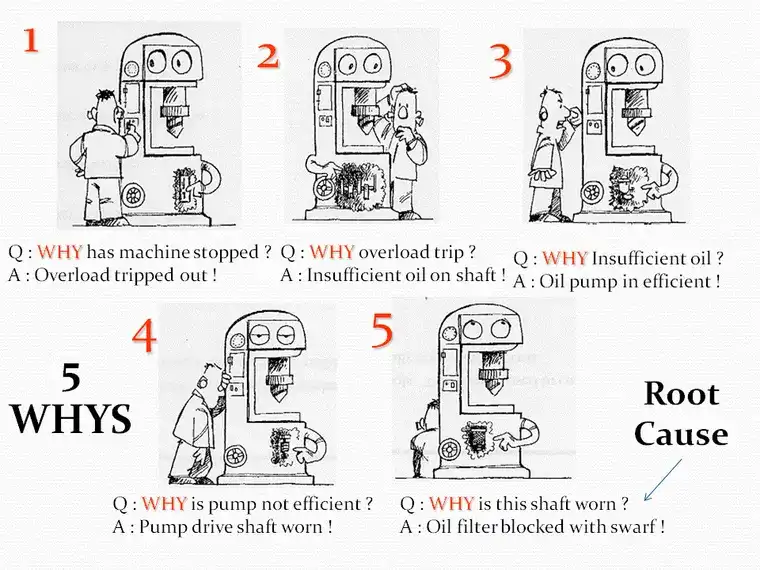
Five Whys (5 Whys)
Get past the symptoms of a problem to the root cause
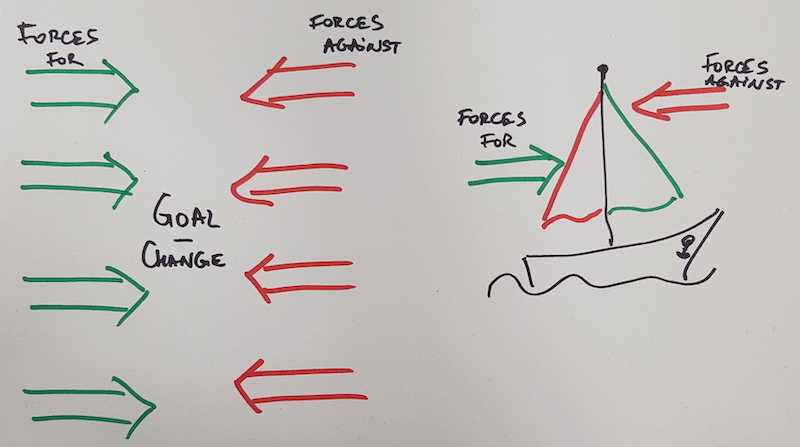
Force Field Analysis - Force Field Map
Understanding change/goals

GEMs
An alternative to OKRs (Objective Key Results) for those that think in experiments
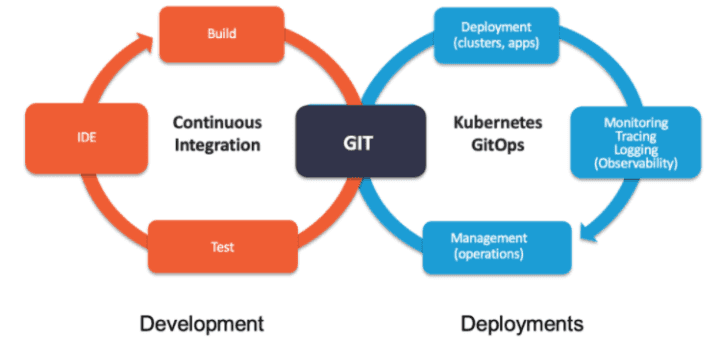
GitOps
If it’s not in Git, it’s not real.

Group Launch Facilitation
Create alignment with shared purpose, clear work flows, decision-making authority, and effective collaboration.

Group Planning
Adapt to change through continuous, short-cycle planning.

GROW Model for 1-2-1 Coaching
The purpose of coaching is to unlock people's potential to maximise their performance, facilitate personal and professional development . Here's a tool to structure your coaching interaction.
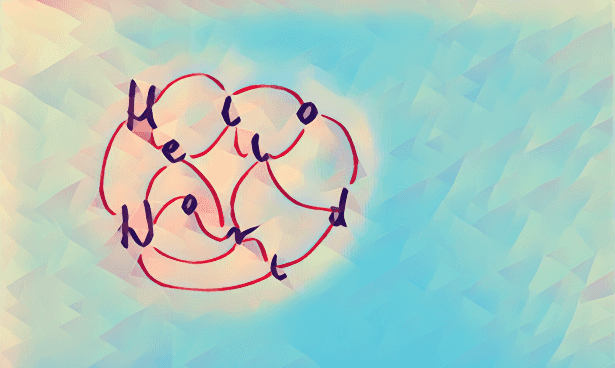
Hello, World! networking event
Say "Hello" to the World and the World will say "Hello" to you!
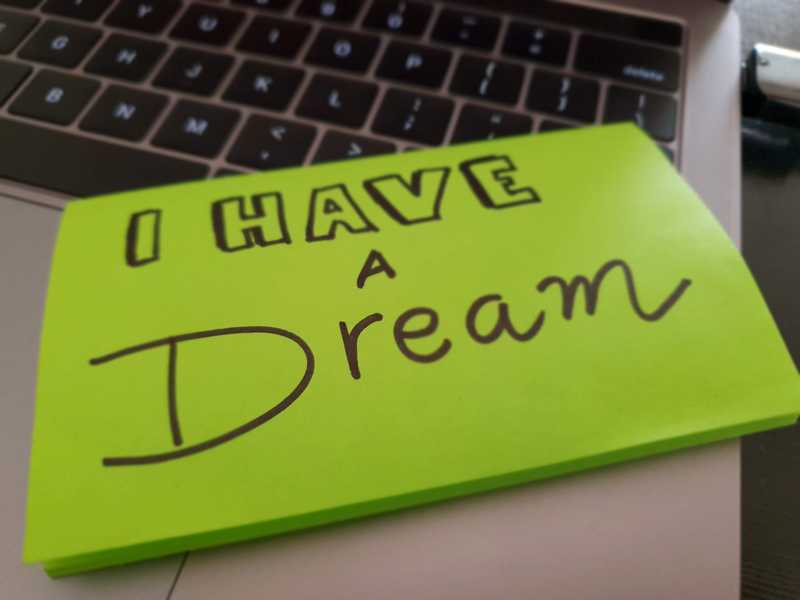
I Have a Dream
Build deeper team relationships
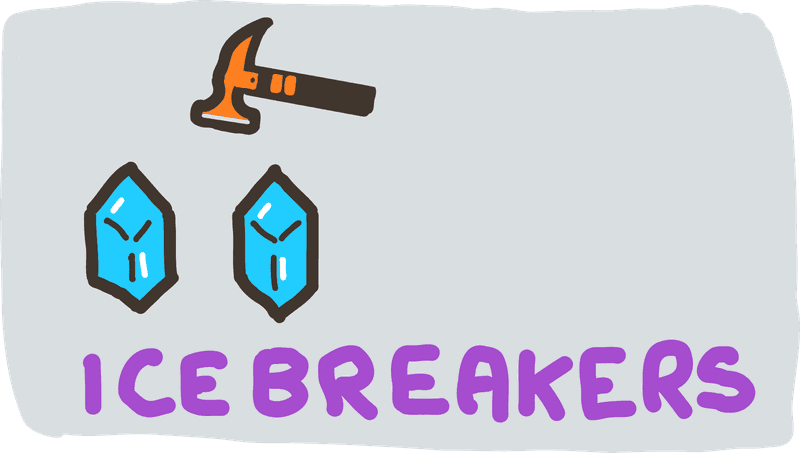
Ice Breakers
Breaking barriers and connecting people
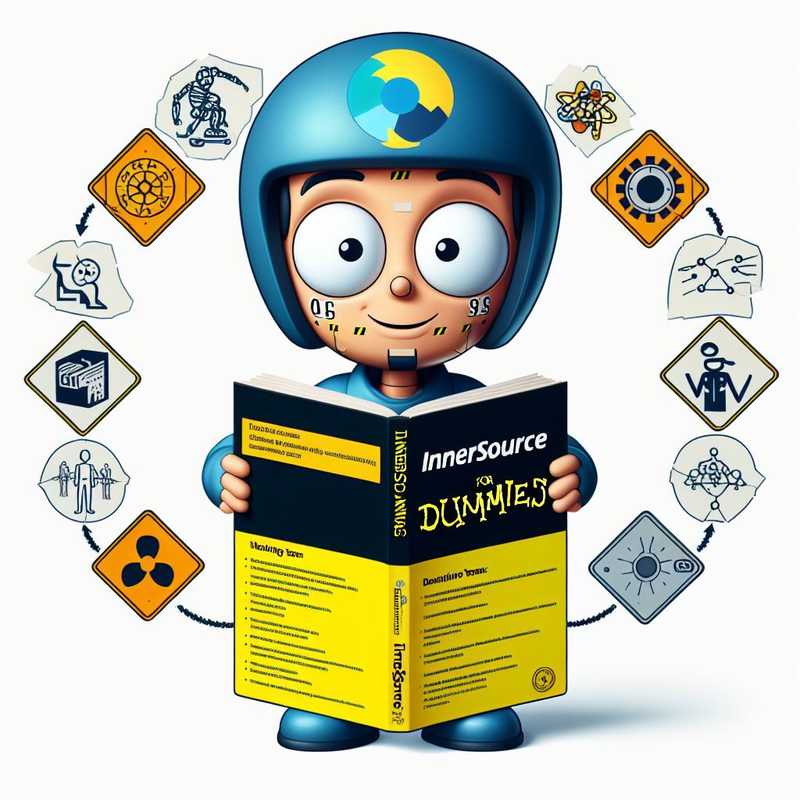
InnerSource
Re-use code, collaborate, and use open practices inside your organisation.

Inter-Team Agreement
Enhance collaboration and value delivery across teams in remote/hybrid environments.

Knowledge Sharing
Share what we know, and what we wish to learn.

Leaders Eat Last
Building Trust Between Leaders and Teams

Leadership Launch
Get strategic leadership focus with structured synchronous and asynchronous facilitation

Leadership Map
Create actionable improvement backlogs and foster leadership development through dialogue and problem-solving.

Lean Coffee
Democratically generated agendas for more valuable conversations
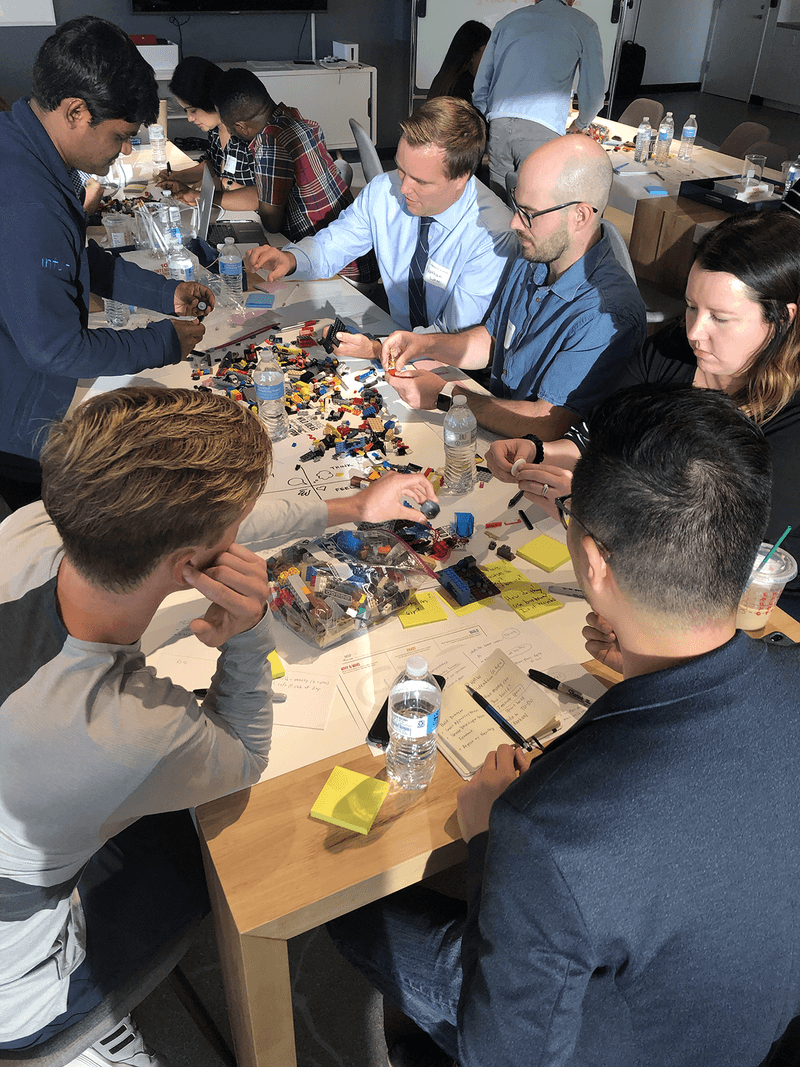
Lego Labs
Experiment with processes for rapidly developing digital products. Go from problem to prototype with feedback and iterations while building a Colony on Mars (with legos)!

Limit Work in Progress
Pipes that aren't clogged increase the flow through the system

Manage Flow
Optimize the processing work items
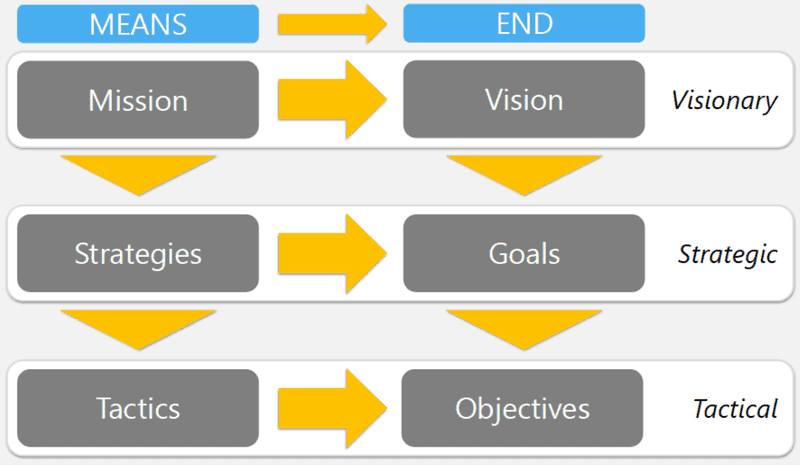
Means to End
Define and communicate Vision, Mission, Strategy, Goals, Tactics & Objectives

Measuring Psychological Safety
How to measure the Psychological Safety in teams and organisations

Meditación
Generar emociones positivas para el equipo y ayudar a desarrollar una mentalidad empática hacia los miembros del equipo.

Meditation
Generate positive emotions for the team and help to develop an empathetic mindset towards team members
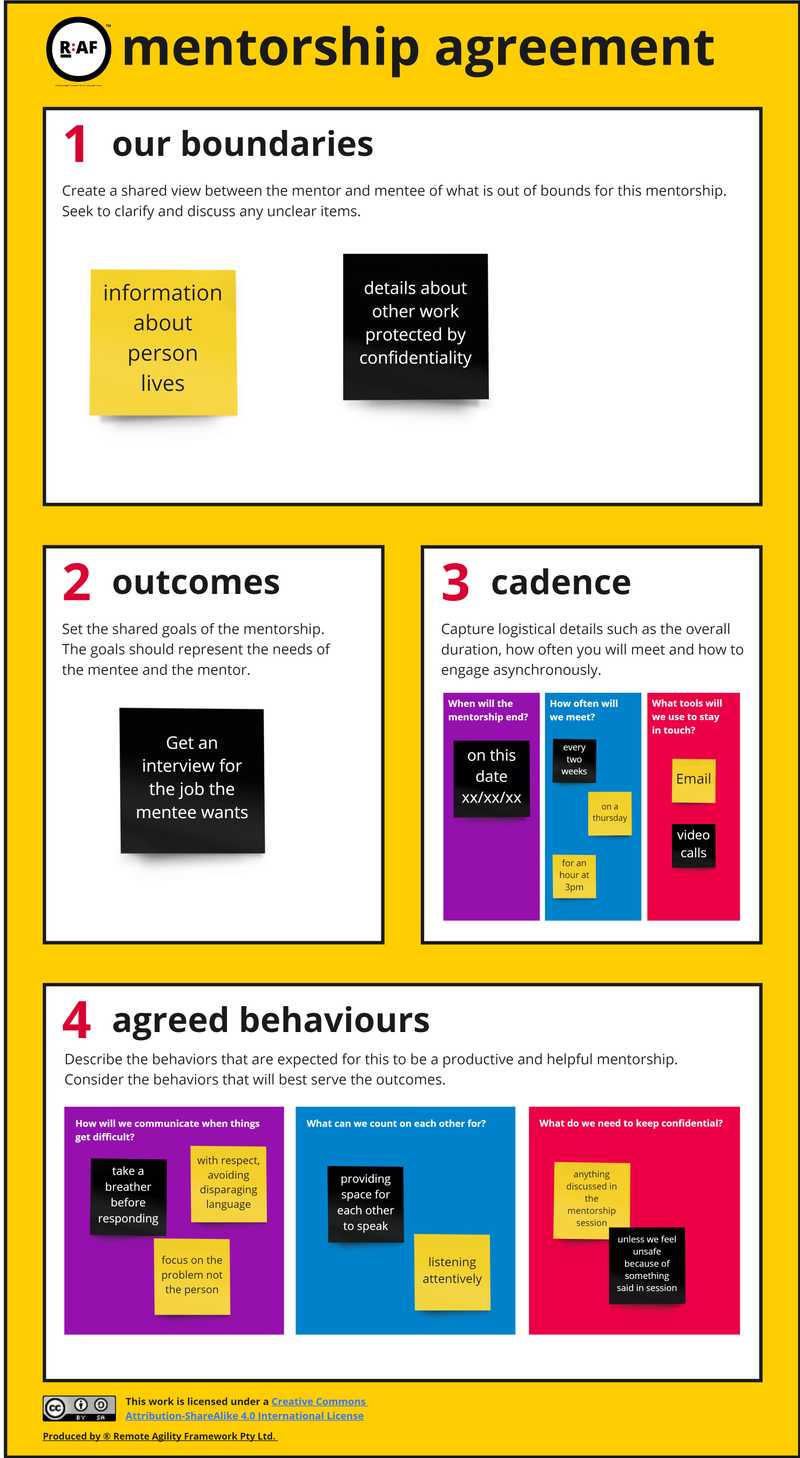
Mentorship
Resource mentors and mentees with structured mentoring.
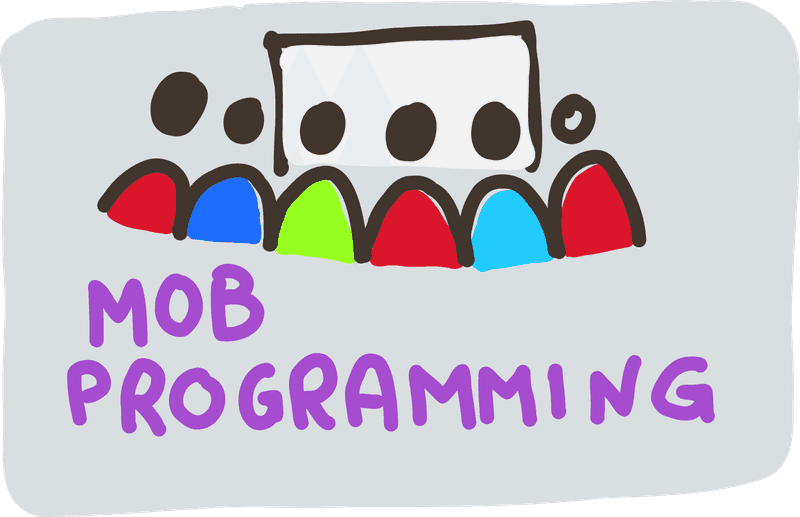
Mob Programming
Like pair programming but with the whole team
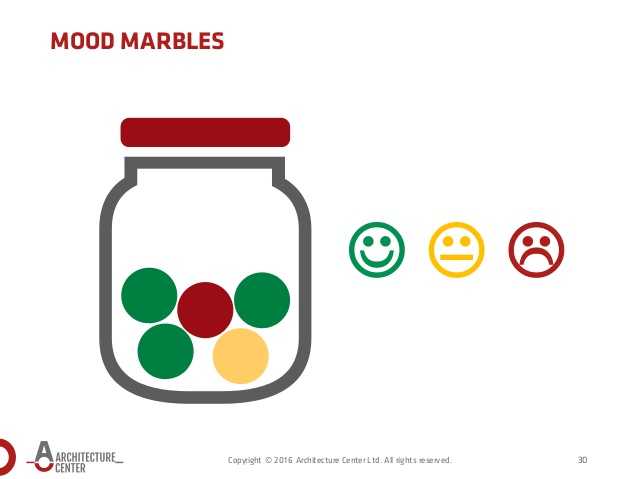
Mood Marbles
A mechanism for gauging team sentiment
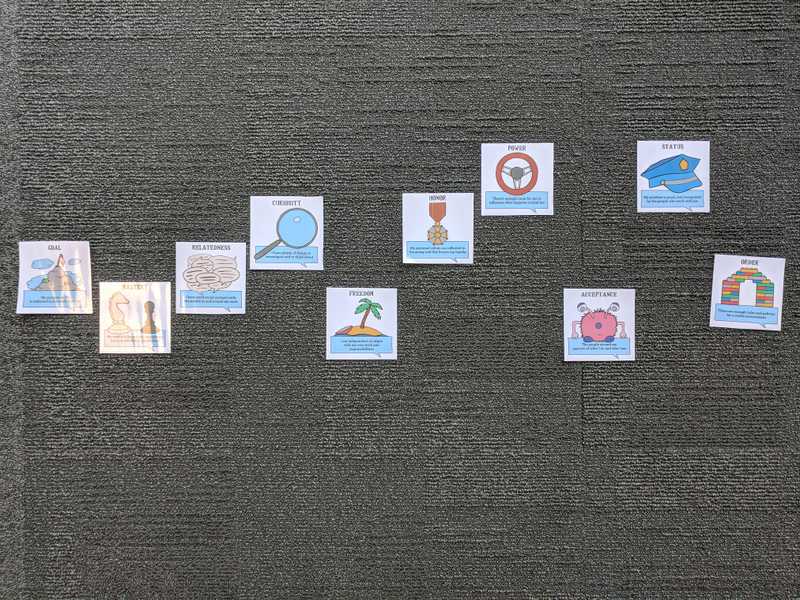
Moving Motivators
Uncover what motivates your colleagues and yourself
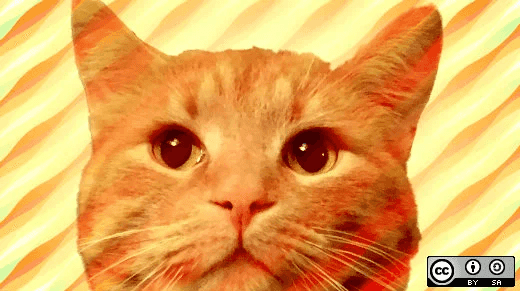
Mutation Testing
Mutation testing is used to design new software tests and evaluate the quality of existing software tests.
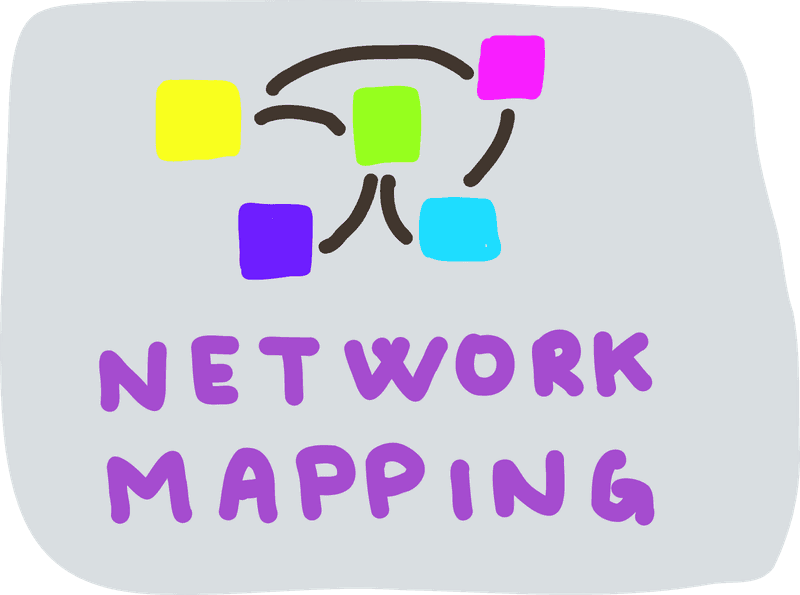
Network Mapping
Build a network of relationships in your organization or team
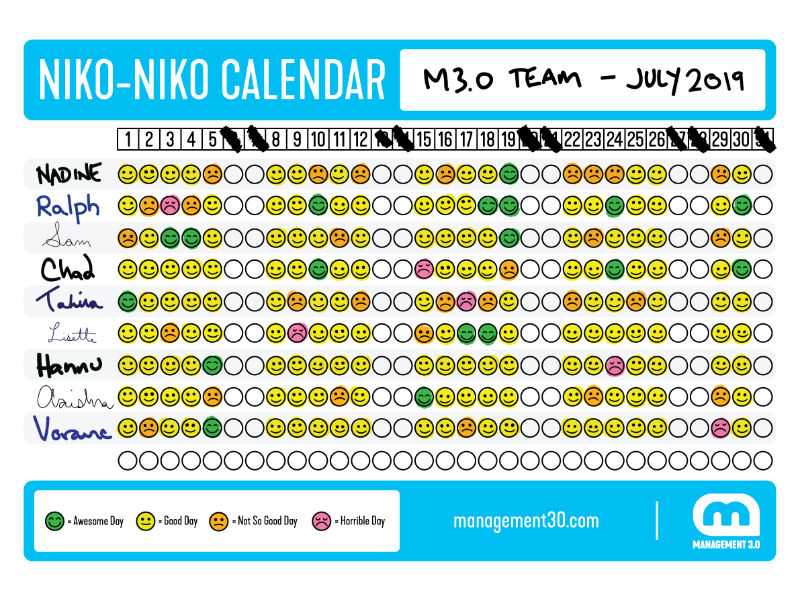
Niko Niko Calendar
Are a visual tool that helps managers and teams measure happiness and motivation (Mood).
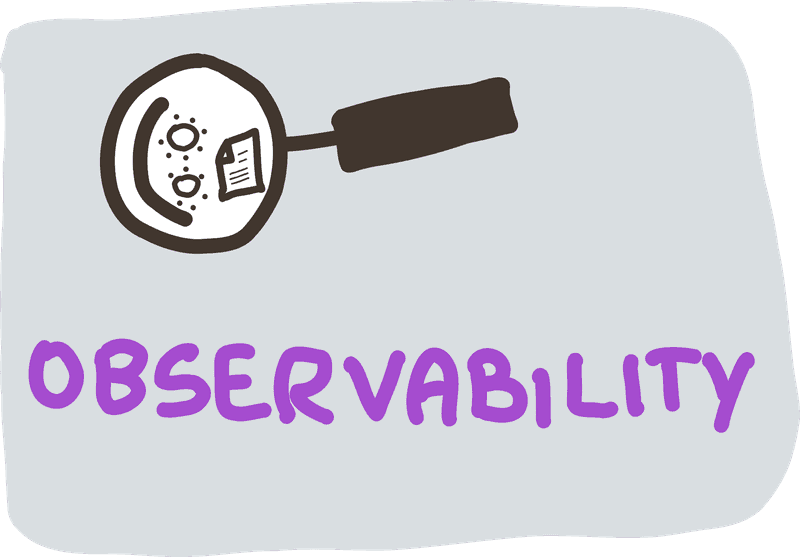
Observability
Handling the unknown unknowns.

Offboarding
Practice destroying and re-creating your applications

One Minute Mindfulness
Calm the mind and body to help team members manage stress levels

One-word story
This practice sharpens the ability of a team to listen and progress collectively.
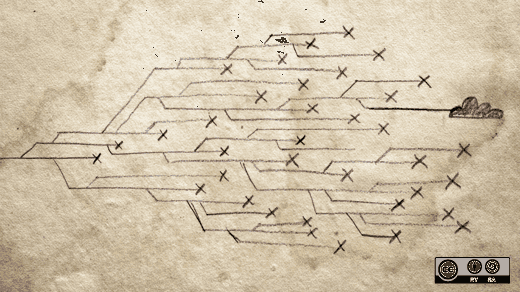
Open Decision Framework
How to make transparent, inclusive, and customer-centric decisions

Open Leadership Mindset
A specific fusion of behaviors and mindsets characterizes the next generation of leaders.
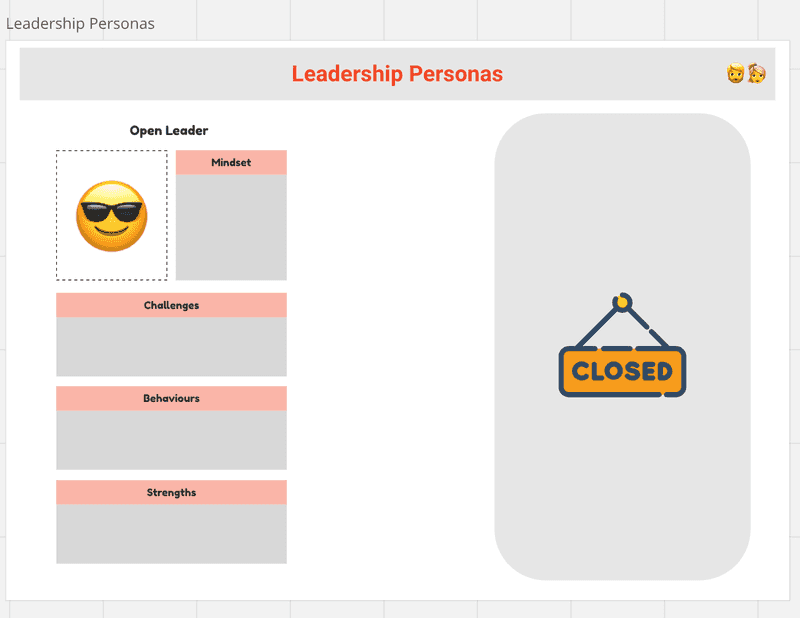
Open Leader Persona
Identify the mindset, challenges, behaviours, and strengths of open leaders
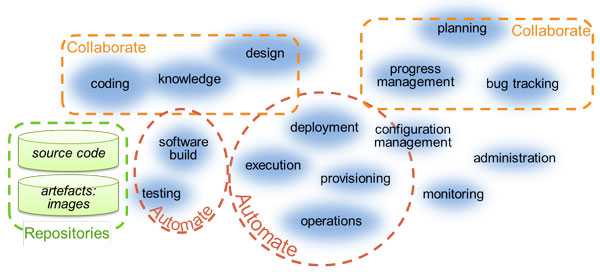
The Organum
Structuring project knowledge to save time and reduce cognitive overload.
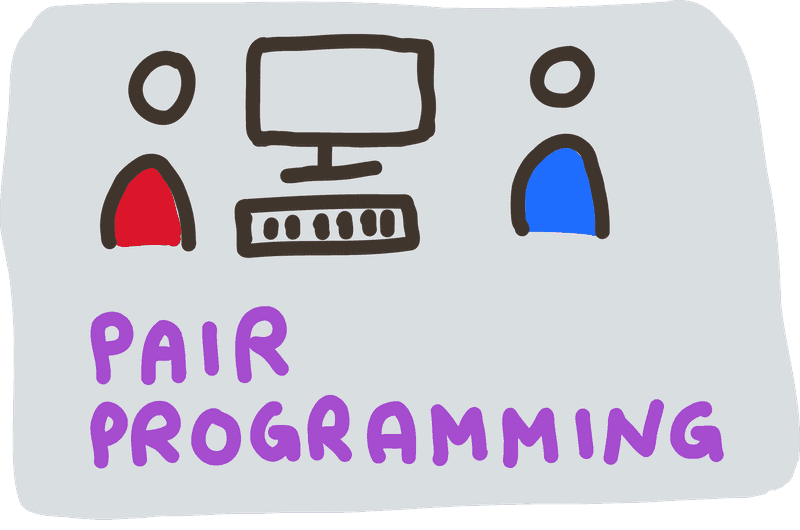
Pair Programming
Increasing the knowledge sharing and communication between team members
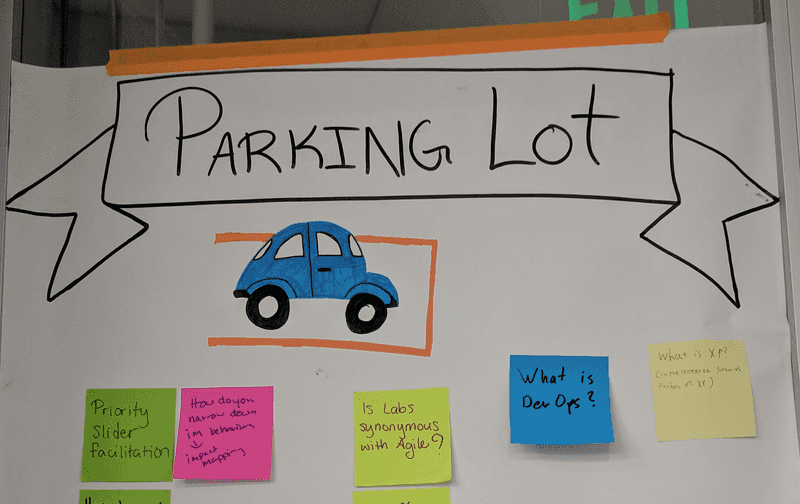
Parking Lot (Car Park)
A visible area to help track important items, ideas, questions, and issues that may not be important to discuss at the time, but the group does wish to discuss later.
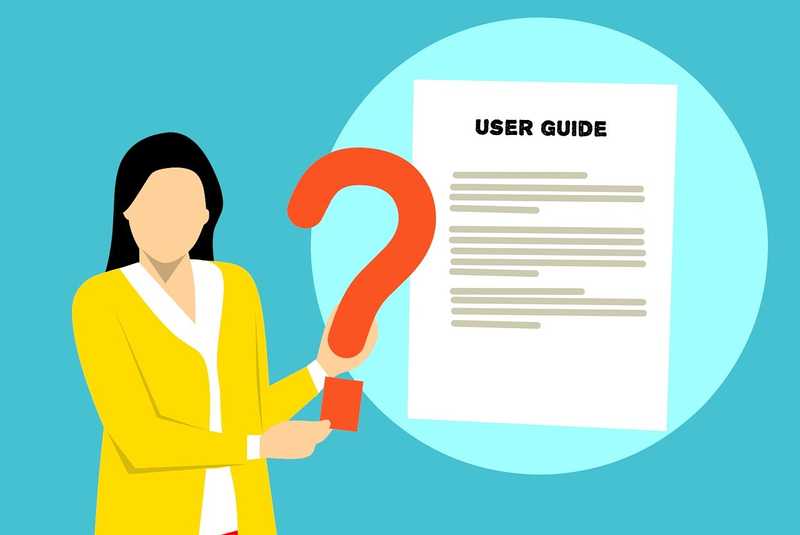
Personal User Manuals
Connecting with colleagues in a deep and meaningful way
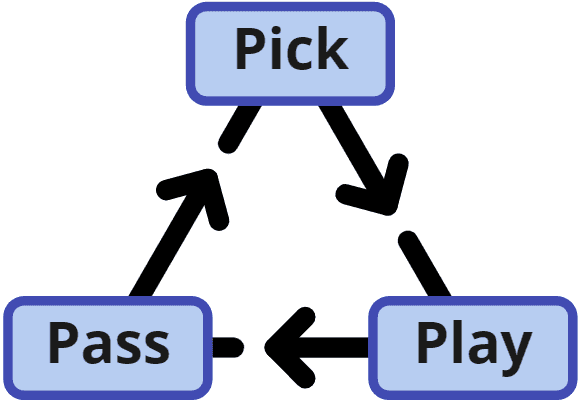
Pick-Play-Pass
Gamify group engagement
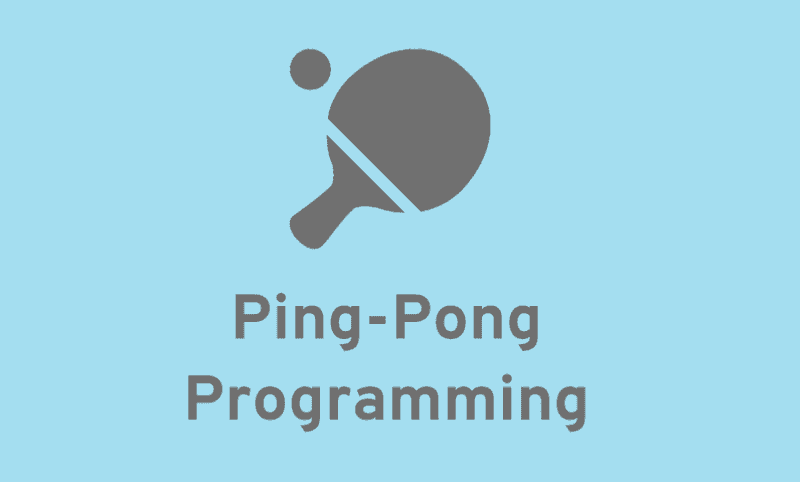
Ping-Pong Programming
Where Pair Programming meets TDD

Plan Your Trip
Manage risks by considering the 4Cs: Costs, Consequences, Context, and Choices.
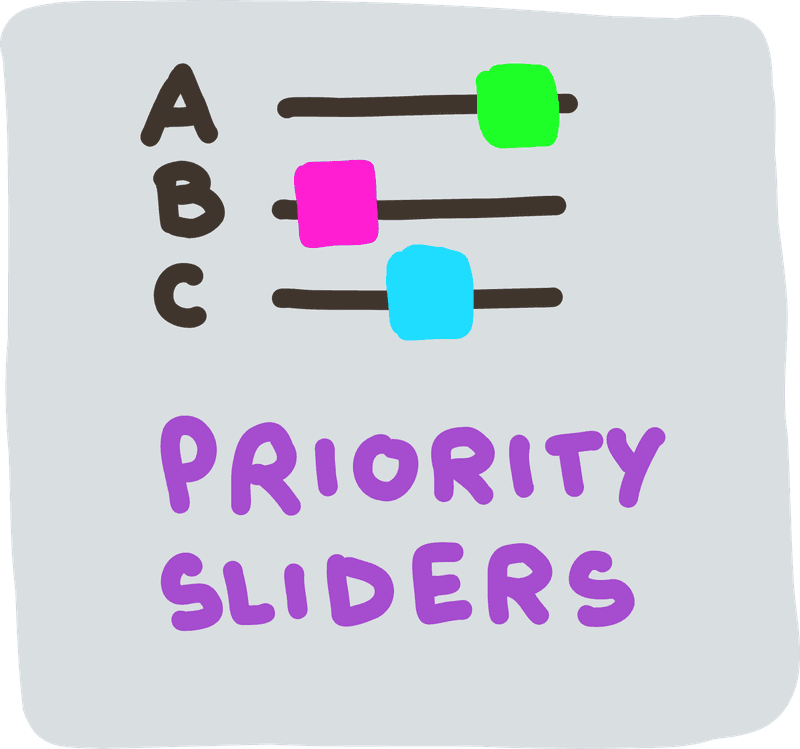
Priority Sliders
Facilitate conversations about relative priorities to focus upcoming activities

Quote Wall
A collection of quotes or phrases captured from the team that may be motivational, inspiring, or down-right hilarious!

Raison d'être
Defining the teams reason for being
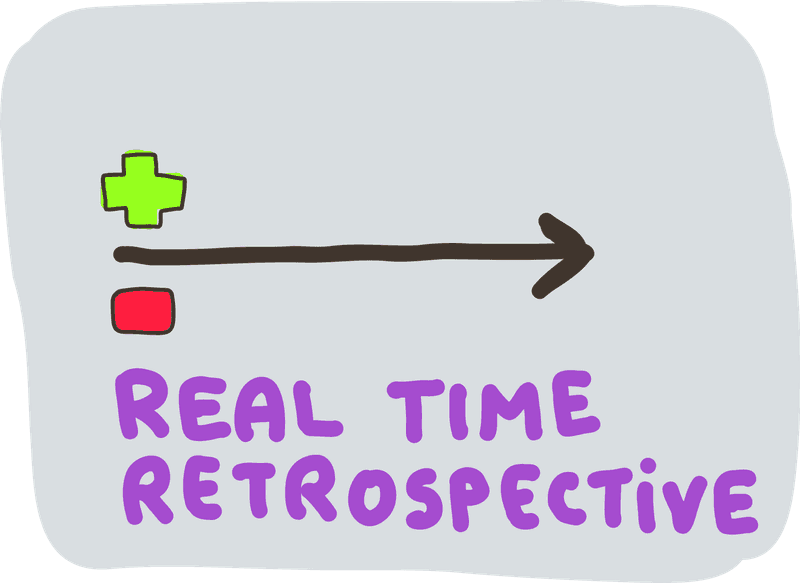
Realtime Retrospective
Getting feedback faster and improving the overall experience of your event.
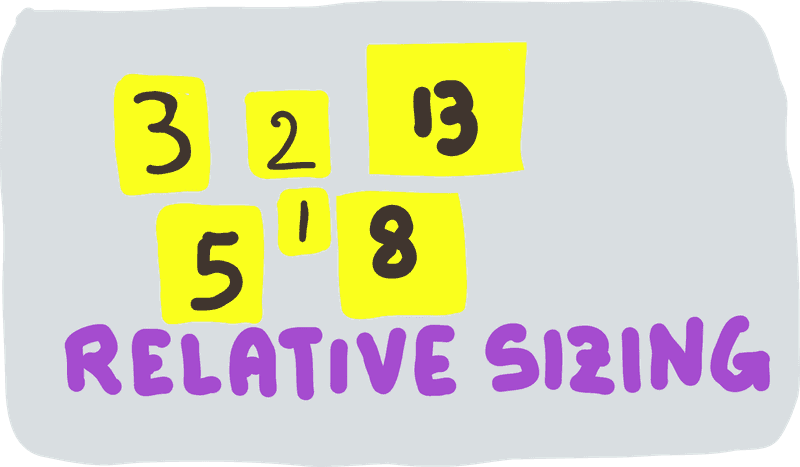
Relative Sizing
Facilitate conversation and gain shared alignment on sizing of complexity and value
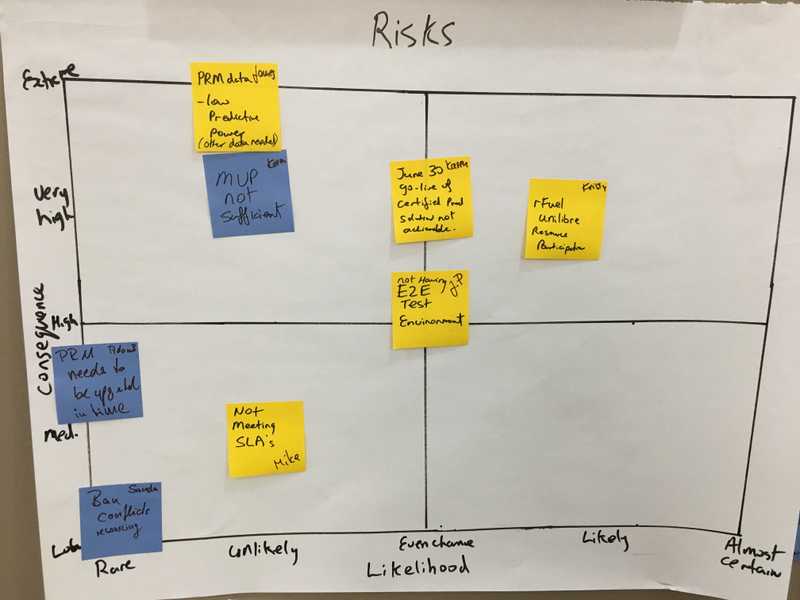
Risk Management
Identify potential problems that might occur during the course of your project and identify ways of avoiding them. Risks, which are occurring, will become issues.

ROAM Boards
A Foundational Practice for Risk Management
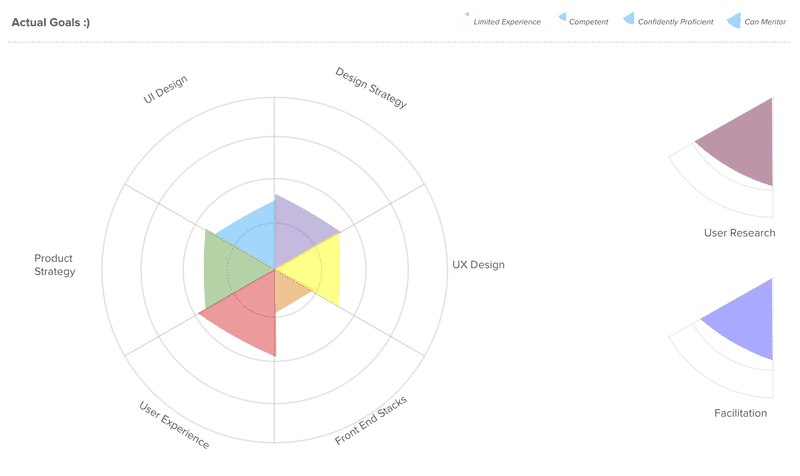
Rose Chart
Identify knowledge gaps and create learning focus areas for team members
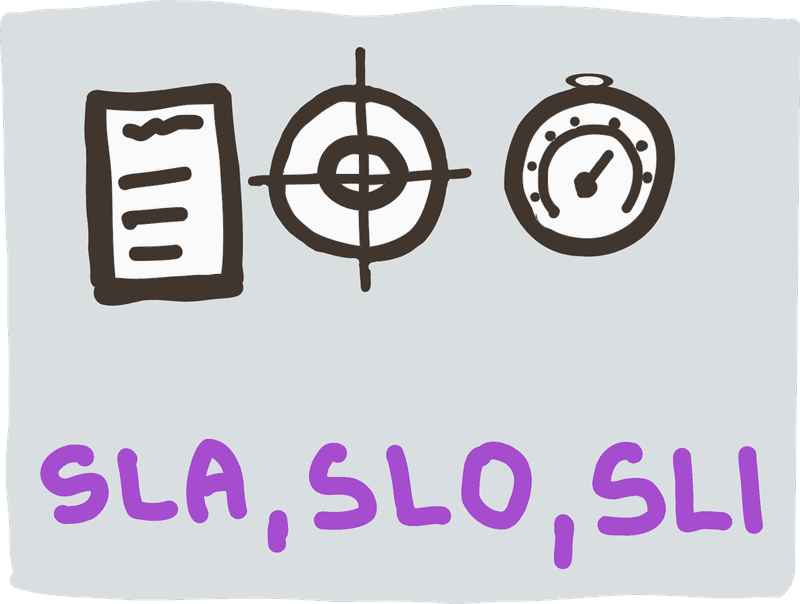
Service Level Indicators
Quantify the quality of your service
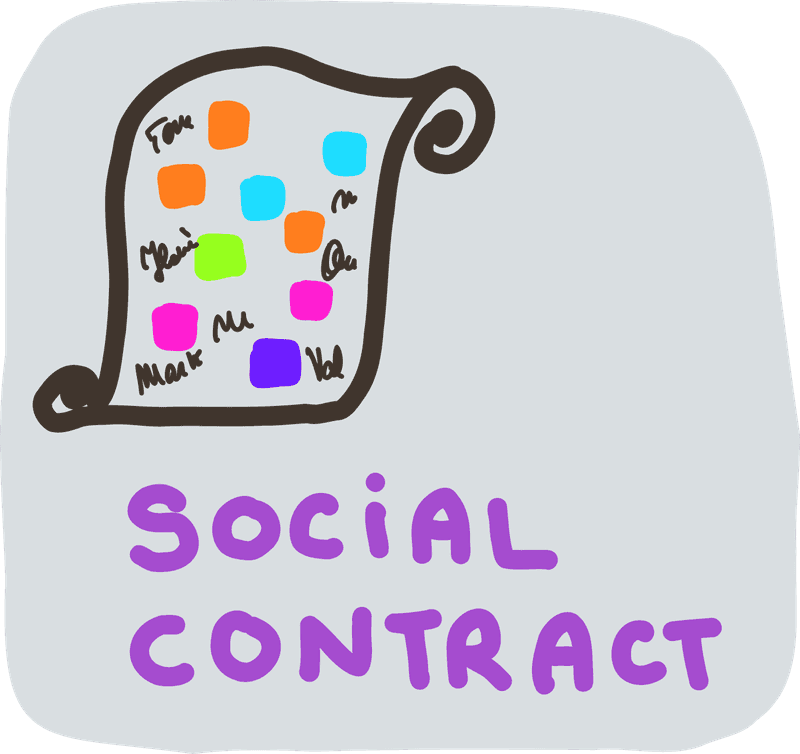
Social Contract
Build a constructive, fun team culture
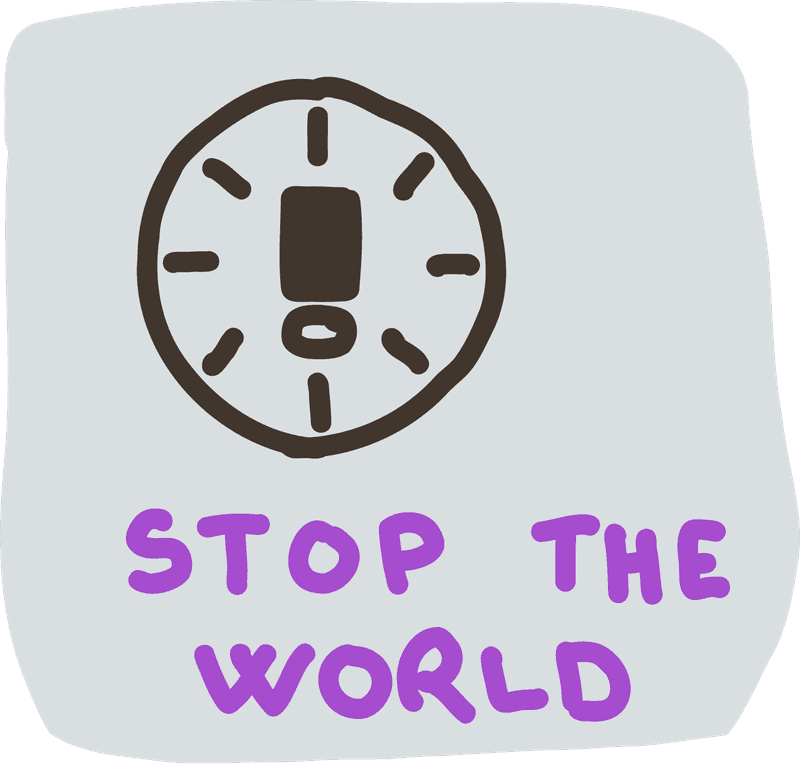
Stop the World Event
Empower team members to stop everything when they feel engagement is off course

Storytelling Framework
Morph ideas into impactful, emotive stories to resonate with your audience.

Strategic Pre-Mortem
Identify risks and failure points *before* you begin.
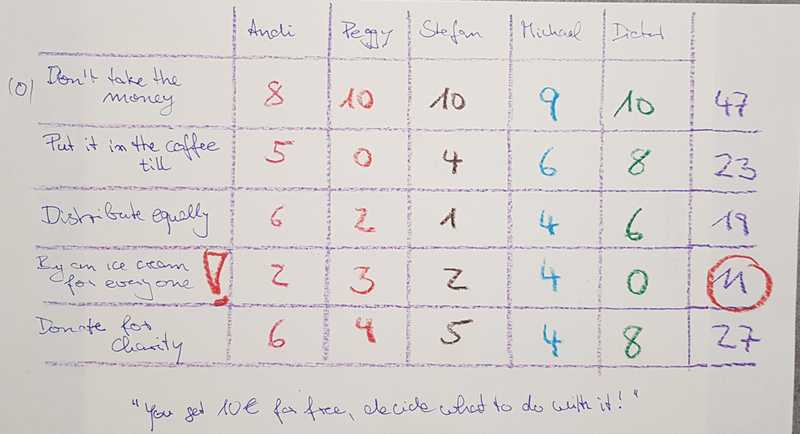
Systemic Consensing
How to find minimal viable decisions in a group
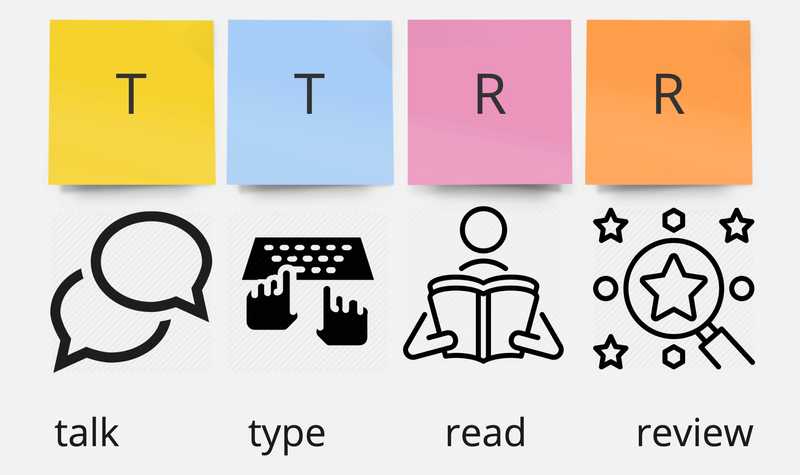
T2R2 - Talk, type, read, review!
Help everyone be heard, understood, and move to act.
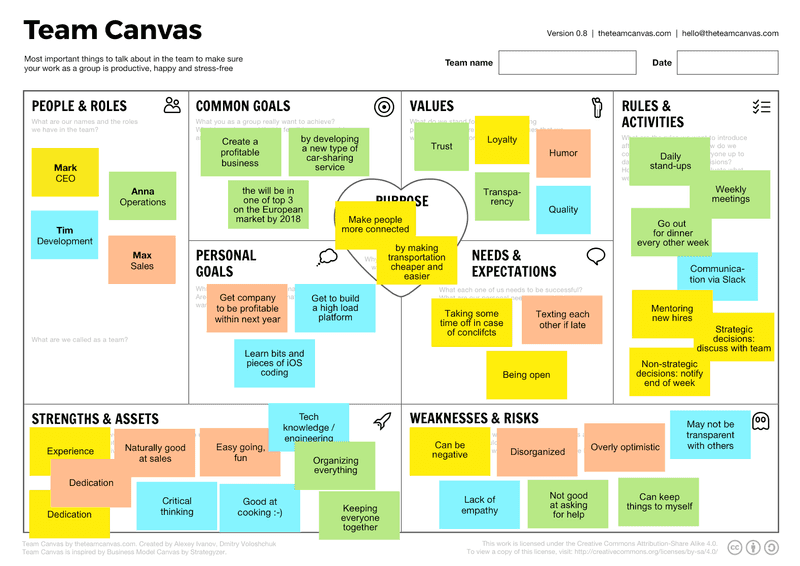
Team Canvas
Achieve better team alignment, collaboration, and productivity.

Team Empowerment Agreement
Accelerate confident decision-making and reduce bottlenecks by clarifying boundaries to foster autonomy, trust, and accountability.
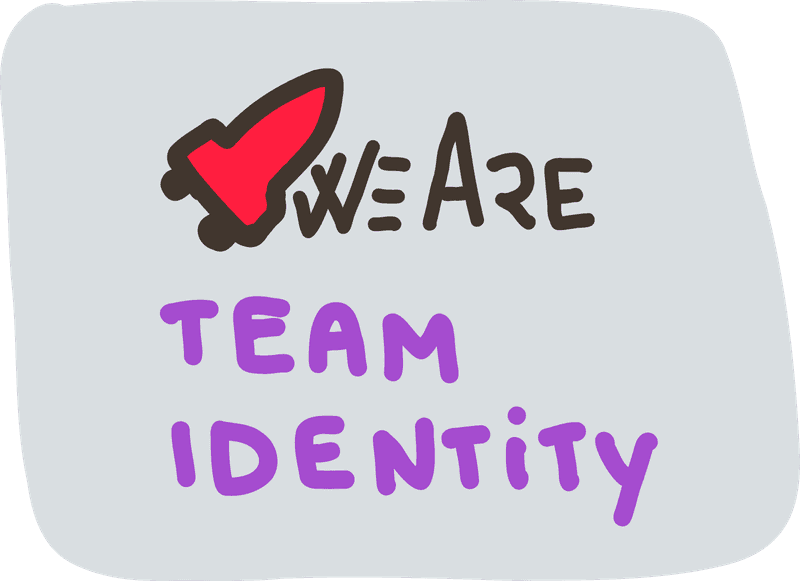
Team Identity
Converting groups of individuals into high performing teams
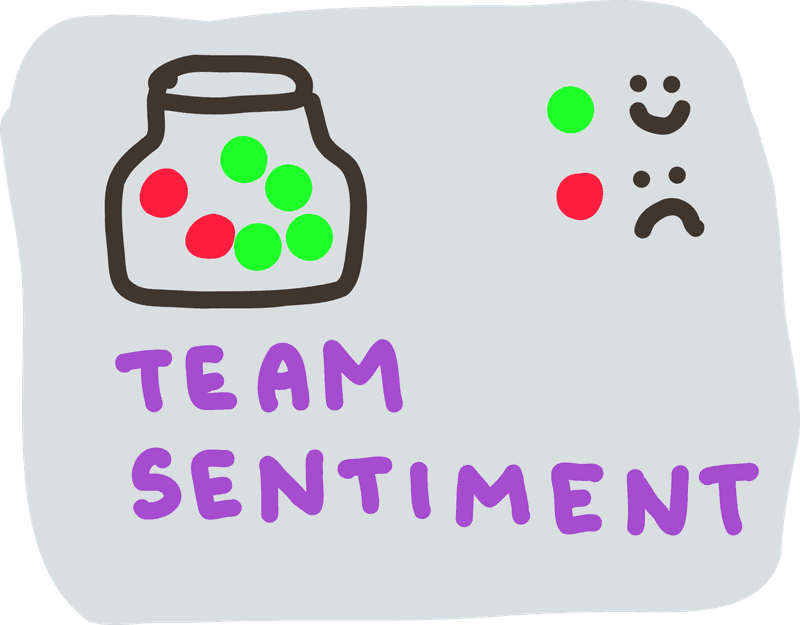
Team Sentiment
Track the mood of a team with visible feedback
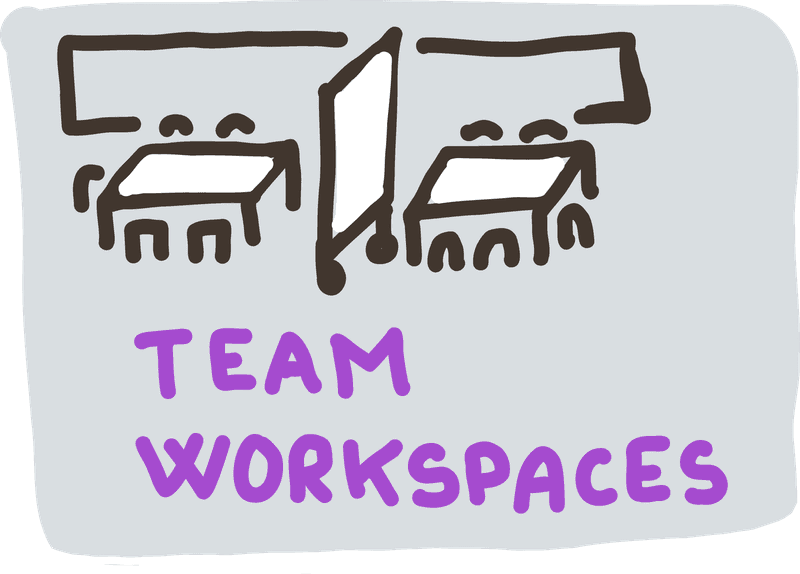
Team Workspaces
How to create the right workspace(s) for high-performing teams
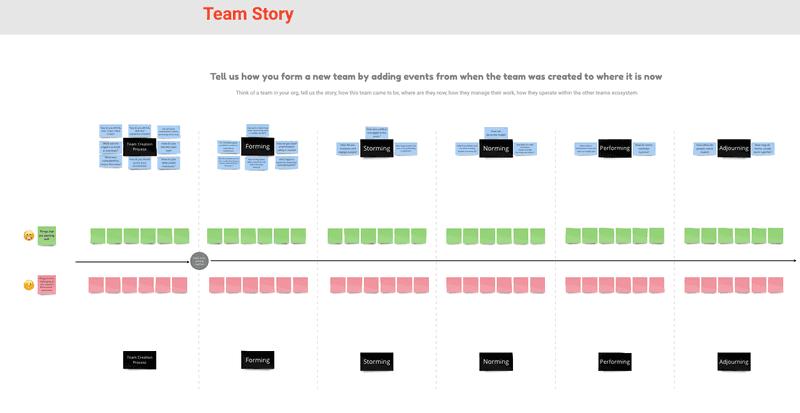
Team Story
Tracing the evolution of your teams.
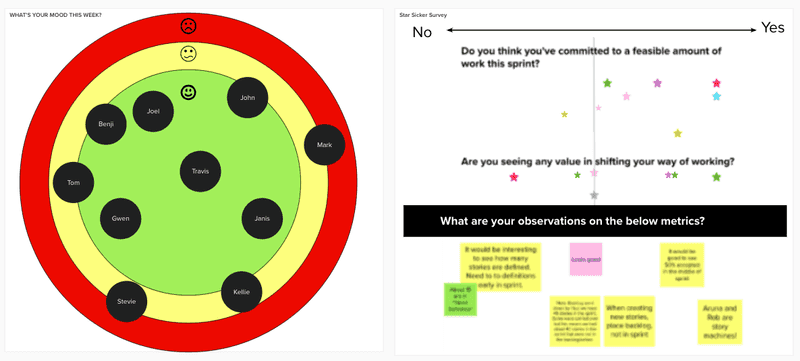
Team Success Beacon
Gather team sentiment and observations to incite team discussions
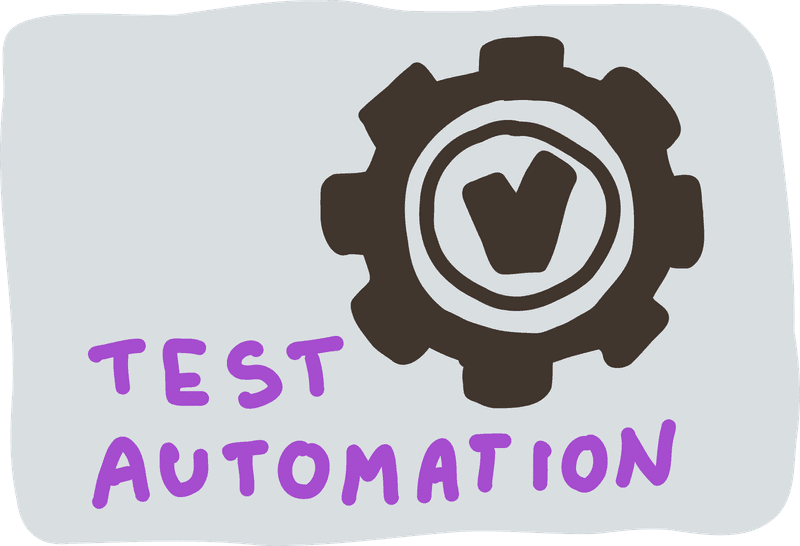
Test Automation
Shortening the feedback loop and increasing the quality of code.
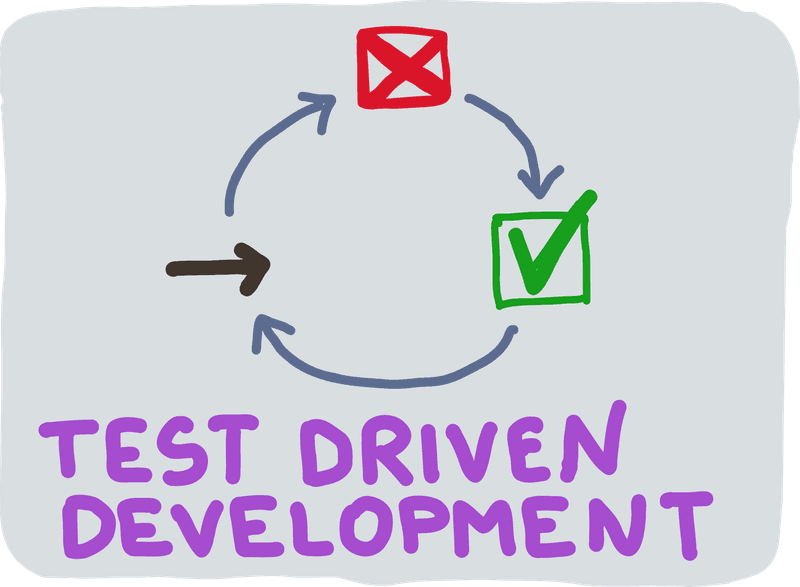
Test Driven Development
Improving your software in short development cycles.

The Art Gallery
A collection of doodles that are captured from the team
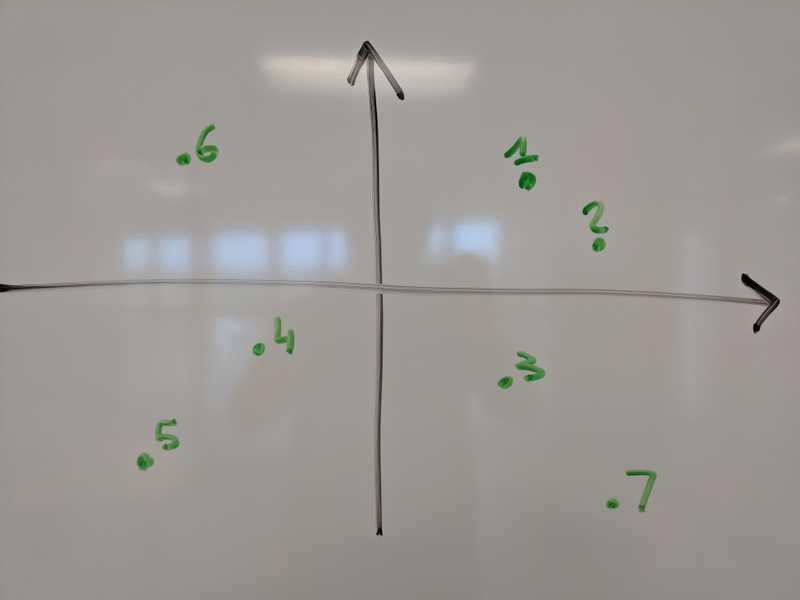
The Matrix of Principles
A reflection tool to capture how stakeholders understand Deming's 14 Management Principles.
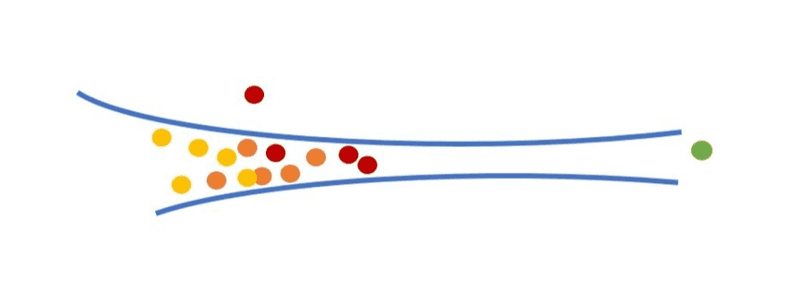
The Theory of Constraints
“Any improvements made anywhere besides the bottleneck are an illusion.”

Tribute Wall
Share and spread feedback to the whole team.

Ubiquitous Language
Unambigulously define the term and concepts of a business domain.
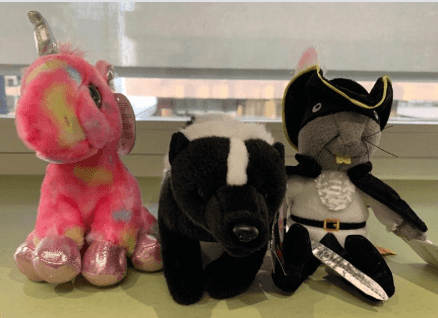
Unicorn, Skunk, Rat (USR)
Ensure your meeting/workshop stays on track
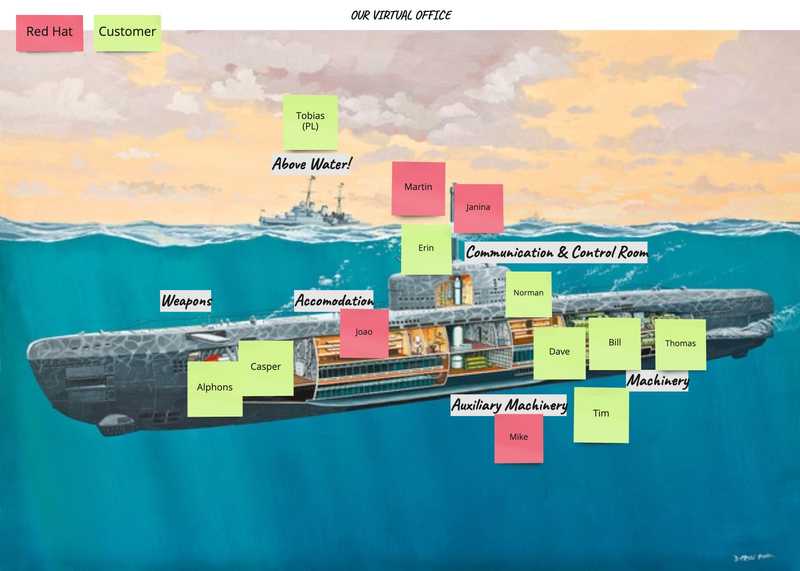
Virtual Office
Identify pre-existing dynamics and build team spirit when forming a new team
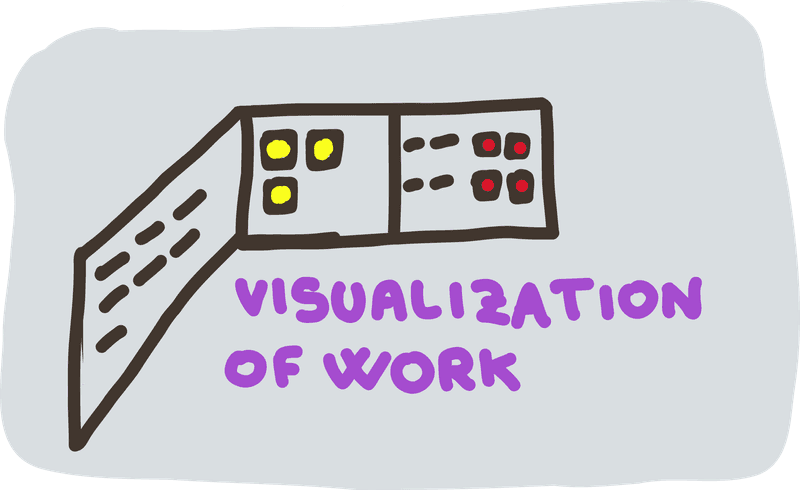
Visualisation of Work
Visually represent all aspects of your team's work
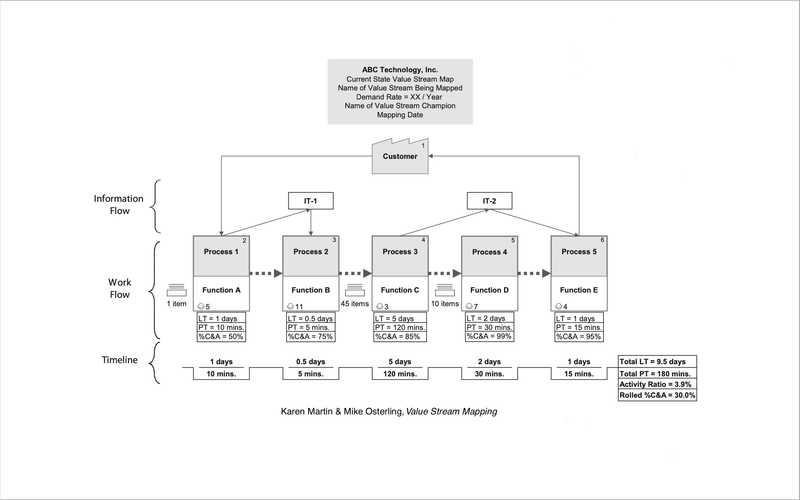
Value Stream Mapping
Visual Representation of how Value flows through your system and identify metrics to inform improvement decisions.

Westrums Cultural Typology Assessment
Organisational culture bears a predictive relationship with safety and performance

Wheel-of-Misfortune
A game that aims to build confidence via simulated outage scenarios.

Yes! And...
Improvise to create more good ideas, and build strong team work skills.